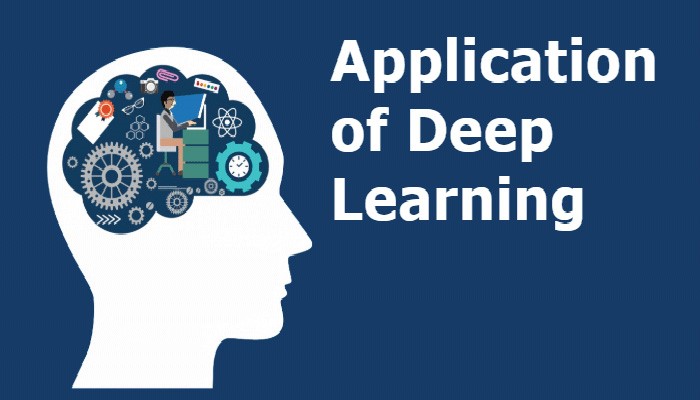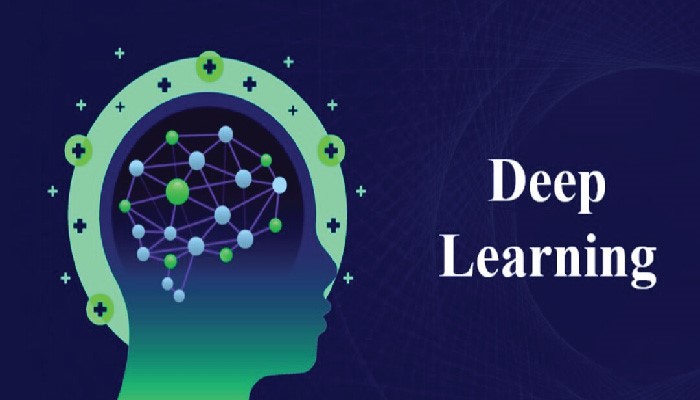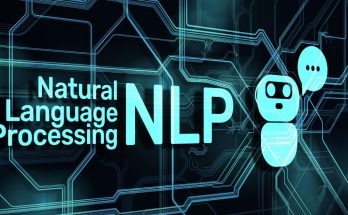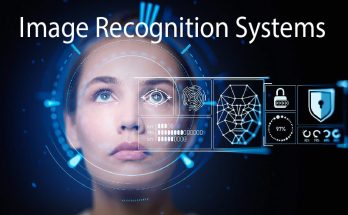Unleashing the Power of Deep Learning Apps: Transformative Applications Redefining the Future
In the dynamic landscape of technology, deep learning Apps has emerged as a groundbreaking force, revolutionizing the way we interact with digital applications. This subset of machine learning has proven to be a game-changer, enabling computers to mimic the intricate workings of the human brain and make complex decisions independently. This article delves into the world of deep learning applications, exploring their impact, potential, and the transformative possibilities they bring to various industries.

Understanding Deep Learning
The Foundation of Deep Learning
Deep learning is a subset of machine learning that employs artificial neural networks to simulate the human brain’s neural structure. The term “deep” refers to the multiple layers through which data is processed, allowing the system to learn and make predictions or decisions with increasing accuracy over time.
Neural Networks in Deep Learning
At the core of deep learning are neural networks, composed of layers of interconnected nodes that process and analyze data. These networks learn from vast amounts of labeled data, adjusting their parameters to optimize performance. The depth and complexity of these networks contribute to their ability to handle intricate tasks.
Applications Transforming Industries
Healthcare Revolution
Deep learning applications have sparked a revolution in the healthcare industry, offering innovative solutions for diagnostics, treatment planning, and patient care.
Medical Imaging
One of the most notable breakthroughs is in medical imaging, where deep learning algorithms excel at detecting anomalies in X-rays, MRIs, and CT scans. This technology significantly accelerates the diagnostic process, providing quicker and more accurate results.
Drug Discovery
Deep learning is also transforming the drug discovery process. By analyzing vast datasets, neural networks can predict potential drug candidates, accelerating the identification of new treatments and reducing development costs.
Enhanced Customer Experience in E-Commerce
In the realm of e-commerce, deep learning applications are reshaping the customer experience, making it more personalized and efficient.
Recommendation Systems
Deep learning powers recommendation systems, enabling platforms to analyze user behavior and preferences accurately. This results in personalized product recommendations, enhancing user satisfaction and driving sales.
Visual Search
Visual search, another application of deep learning in e-commerce, allows users to search for products using images instead of keywords. This technology enhances the search experience, making it more intuitive and user-friendly.
Smart Cities: A Vision of Efficiency
Deep learning plays a pivotal role in shaping smart cities, optimizing resource allocation, and enhancing overall efficiency.
Traffic Management
In urban areas, deep learning algorithms analyze traffic patterns in real-time, optimizing traffic light timings and rerouting vehicles to alleviate congestion. This not only reduces commute times but also contributes to environmental sustainability.
Energy Consumption
Smart grids, powered by deep learning, intelligently manage energy distribution, optimizing consumption and minimizing waste. This results in more sustainable and cost-effective energy management.
Financial Forecasting: Navigating the Markets
Financial institutions are leveraging deep learning applications for more accurate predictions and informed decision-making in a volatile market environment.
Algorithmic Trading
Deep learning algorithms analyze market trends, news, and historical data to make rapid trading decisions. This technology enhances the efficiency of financial transactions and minimizes risks.
Fraud Detection
In the realm of security and risk management, deep learning is instrumental in detecting fraudulent activities by analyzing patterns and anomalies in financial transactions.
Challenges and Ethical Considerations
Data Privacy Concerns
The success of deep learning relies heavily on vast amounts of data. Striking a balance between innovations and safeguarding privacy is a critical challenge.
Bias in Algorithms
Another pressing issue is the potential bias in deep learning algorithms. If trained on biased data, these algorithms can perpetuate and even amplify existing societal biases. Ensuring fairness and transparency in algorithmic decision-making is crucial.
Ethical AI Development
Developers and researchers must prioritize ethical considerations in the development of deep learning applications. Establishing guidelines and frameworks for responsible AI is essential to prevent unintended consequences and misuse.
Future Trends and Outlook
Continued Advancements in Natural Language Processing (NLP)
Natural Language Processing, a subset of deep learning, is witnessing continuous advancements. Improved language models and chatbots are enhancing communication between machines and humans, with applications ranging from customer service to content generation.
Explainable AI
Addressing the “black box” nature of deep learning models, the industry is actively working on creating more interpretable algorithms. Explainable AI aims to make the decision-making process of these models transparent, fostering trust and accountability.
Edge Computing Integration
To overcome latency issues and enhance real-time processing, integrating deep learning models with edge computing is gaining traction. This allows for quicker decision-making without relying solely on centralized cloud servers.
Conclusion
Deep learning applications have ushered in a new era of technological possibilities, transforming industries and redefining the way we interact with digital platforms. From healthcare to finance, and smart cities to e-commerce, the potential applications of deep learning are vast and varied. However, as we embrace this transformative technology, it is imperative to address ethical concerns and challenges to ensure responsible development and deployment. The future holds exciting prospects, with continued advancements and innovations poised to shape a world where the potential of deep learning is fully realized.



